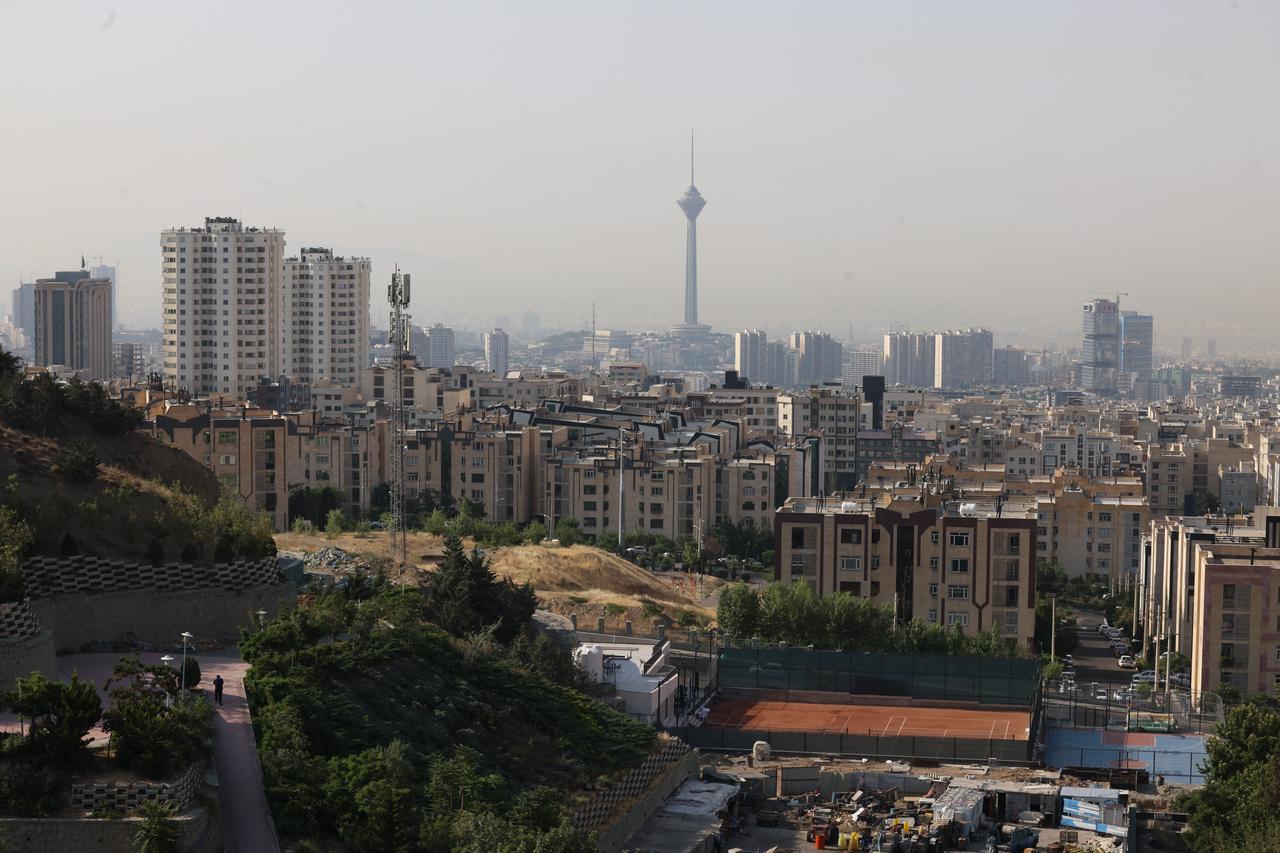
Ajet Airbus A321-231 aircraft takes off from Zurich Airport in Switzerland, on March 5, 2025. (Adobe Stock Photo)
June 13, 2025 02:47 PM GMT+03:00
AJet, a prominent Turkish low-cost carrier, announced the suspension of its flights to Iran, Iraq, and Jordan until 6 a.m. on June 16, in response to the growing security risks across the region. The decision follows Israel’s large-scale airstrikes on Iranian territory, which triggered widespread airspace closures and a wave of international flight cancellations.
AJet’s parent company, Türkiye’s flag carrier Turkish Airlines, has not yet announced any flight disruptions.
Other major carriers also halt services
In addition to AJet, several global and regional airlines suspended operations to the region. Russia’s Federal Air Transport Agency (Rosaviatsiya) barred Russian airlines from operating flights to Iran, Israel, Jordan and Iraq. Airlines such as Azerbaijan Airlines, Emirates, Flydubai, and Qatar Airways also announced cancellations of services in and out of the conflict zone.
According to flight tracking service Flightradar24, multiple civilian aircraft were rerouted to avoid Iranian, Israeli, Jordanian, Lebanese, and Iraqi airspace following the attacks. Authorities in Israel, Iran, and Jordan officially closed their skies to all commercial air traffic, prompting airlines to revise or halt services to and from the affected countries.
The disruption has had a significant impact on Beirut’s Rafic Hariri International Airport as well, where the majority of scheduled departures were canceled due to the deteriorating security environment and regional airspace restrictions.
A live air traffic snapshot from Flightradar24 shows a sharp drop in civilian flights over Iran, Israel, Jordan, Lebanon, and Iraq on June 13, 2025. (Image via Flightradar24)
Strikes target military leaders, nuclear facilities
The flight disruptions follow Israeli military operations conducted early Friday, targeting several strategic sites across Iran. Airstrikes hit locations in Tehran, Tabriz, Isfahan—including the Natanz nuclear facility—as well as the cities of Lorestan and Kermanshah.
Among those killed in the attacks were senior Iranian officials, including Maj. Gen. Mohammad Bagheri, Iran’s Chief of General Staff, and Major General Hossein Salami, Commander-in-Chief of the Islamic Revolutionary Guard Corps. Iranian state media reported that the strikes also resulted in the deaths of multiple nuclear scientists.
